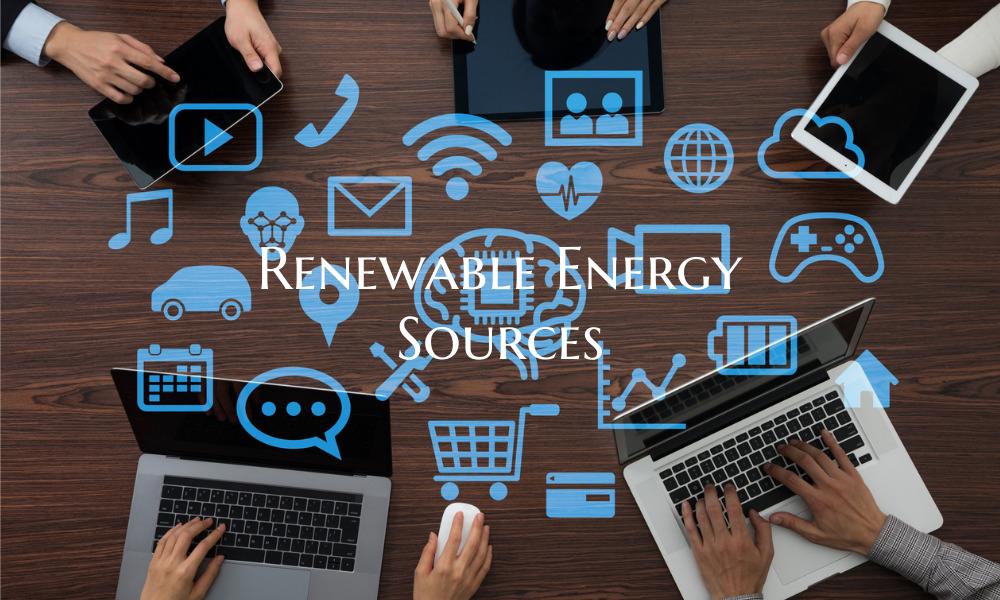Renewable Energy Sources
Renewable Energy Sources: Paving the Way to a Sustainable Future
In a world where the effects of climate change are becoming more pronounced, the importance of transitioning to renewable energy sources cannot be overstated. Renewable energy refers to sources of energy that are naturally replenished, such as sunlight, wind, and geothermal heat. By harnessing these sources, we can reduce our reliance on fossil fuels and curb greenhouse gas emissions, ultimately fostering a more sustainable future for generations to come.
Solar energy stands out as one of the fastest-growing renewable energy sources. Solar panels installed on rooftops or in solar farms capture sunlight and convert it into electricity, offering a clean and abundant source of power. As technology advances, the efficiency of solar panels continues to improve, making solar energy an increasingly competitive option for both residential and commercial applications.
Wind power is another key player in the renewable energy sector. Wind turbines generate electricity by harnessing the power of the wind, providing a clean and reliable source of energy. Offshore wind farms, in particular, have great potential for scaling up renewable energy production and reducing our carbon footprint. With proper planning and investment, wind power can play a significant role in transitioning to a low-carbon economy.
Geothermal energy utilizes heat from within the Earth's crust to generate power. By tapping into underground reservoirs of steam and hot water, geothermal power plants can produce electricity with minimal environmental impact. This constant and predictable source of energy has the potential to provide baseload power, complementing other intermittent renewable sources like solar and wind.
Hydropower, biomass, and bioenergy are also important renewable energy sources that contribute to the diversification of our energy mix. Hydropower exploits the energy of flowing water to generate electricity, while biomass and bioenergy involve converting organic materials into fuel for power generation. These sources have the advantage of being readily available and can play a significant role in reducing our reliance on fossil fuels.
The transition to renewable energy sources is not only crucial for mitigating climate change but also for promoting energy security and creating new economic opportunities. Governments, businesses, and individuals all have a part to play in accelerating the adoption of renewable energy technologies. By investing in research and development, implementing supportive policies, and raising awareness about the benefits of renewable energy, we can collectively work towards a more sustainable and resilient energy future. Together, we can harness the power of renewable energy sources to build a cleaner, greener world for future generations.

